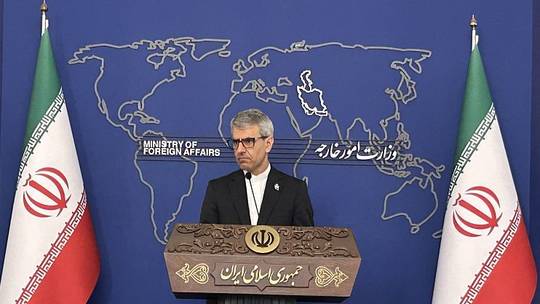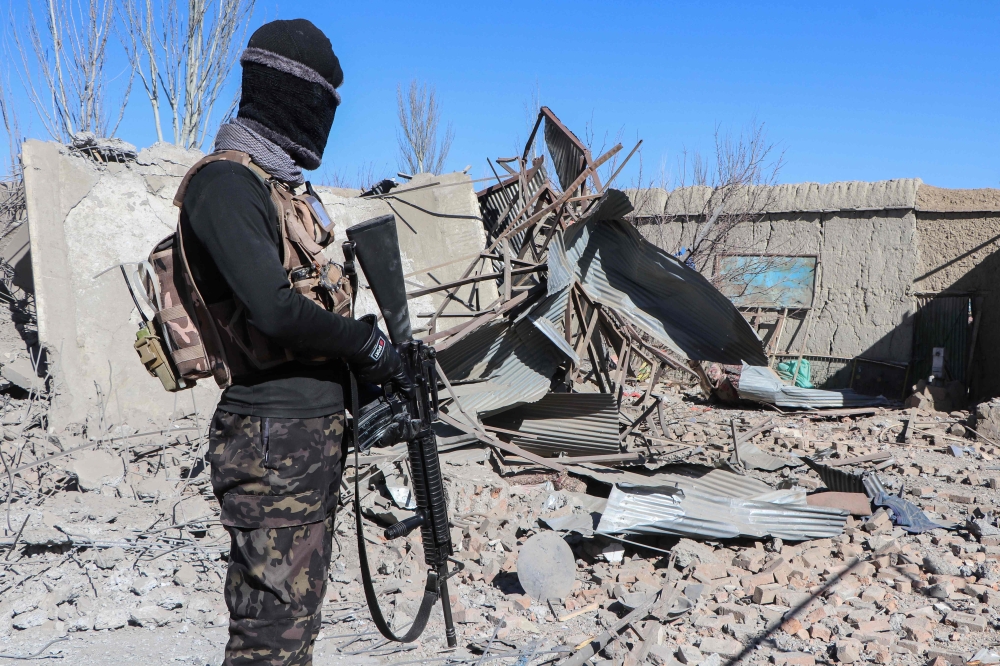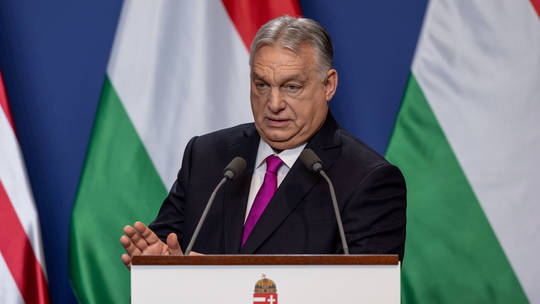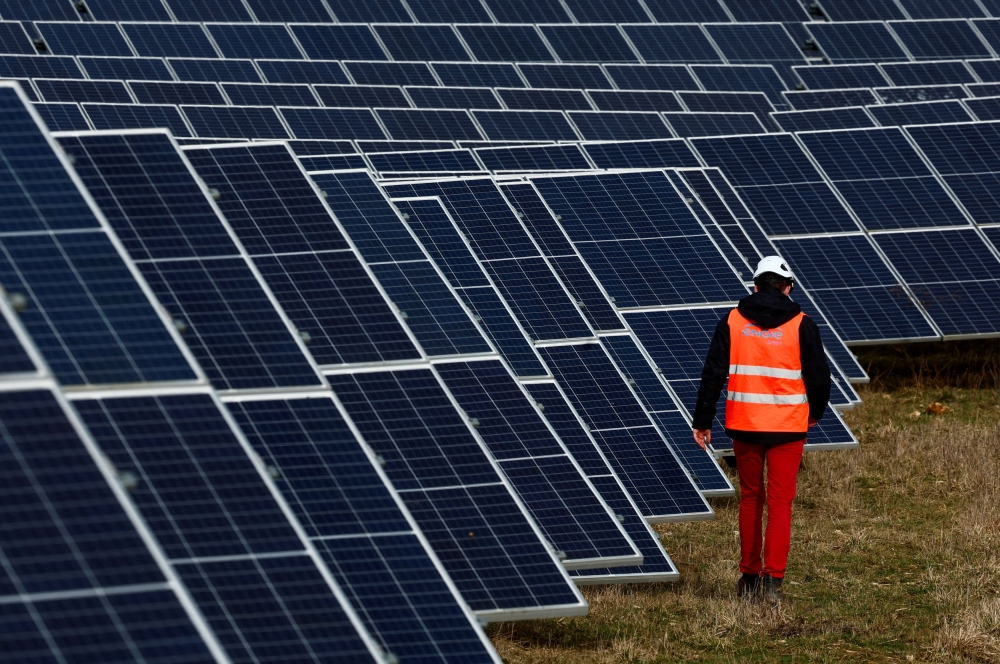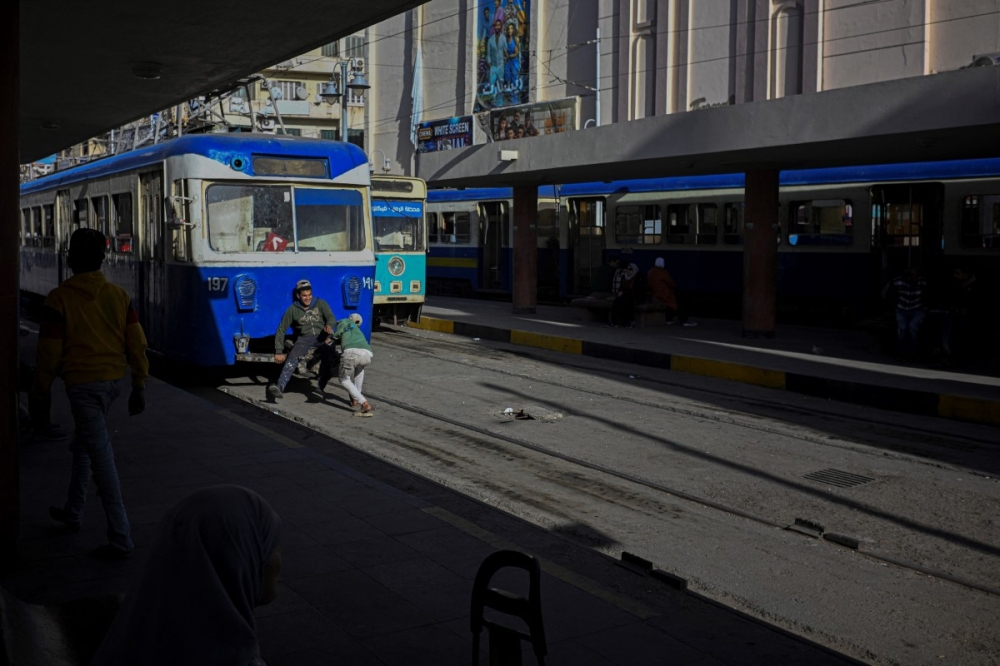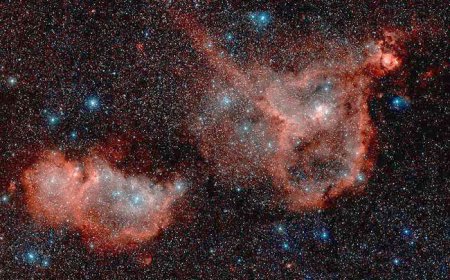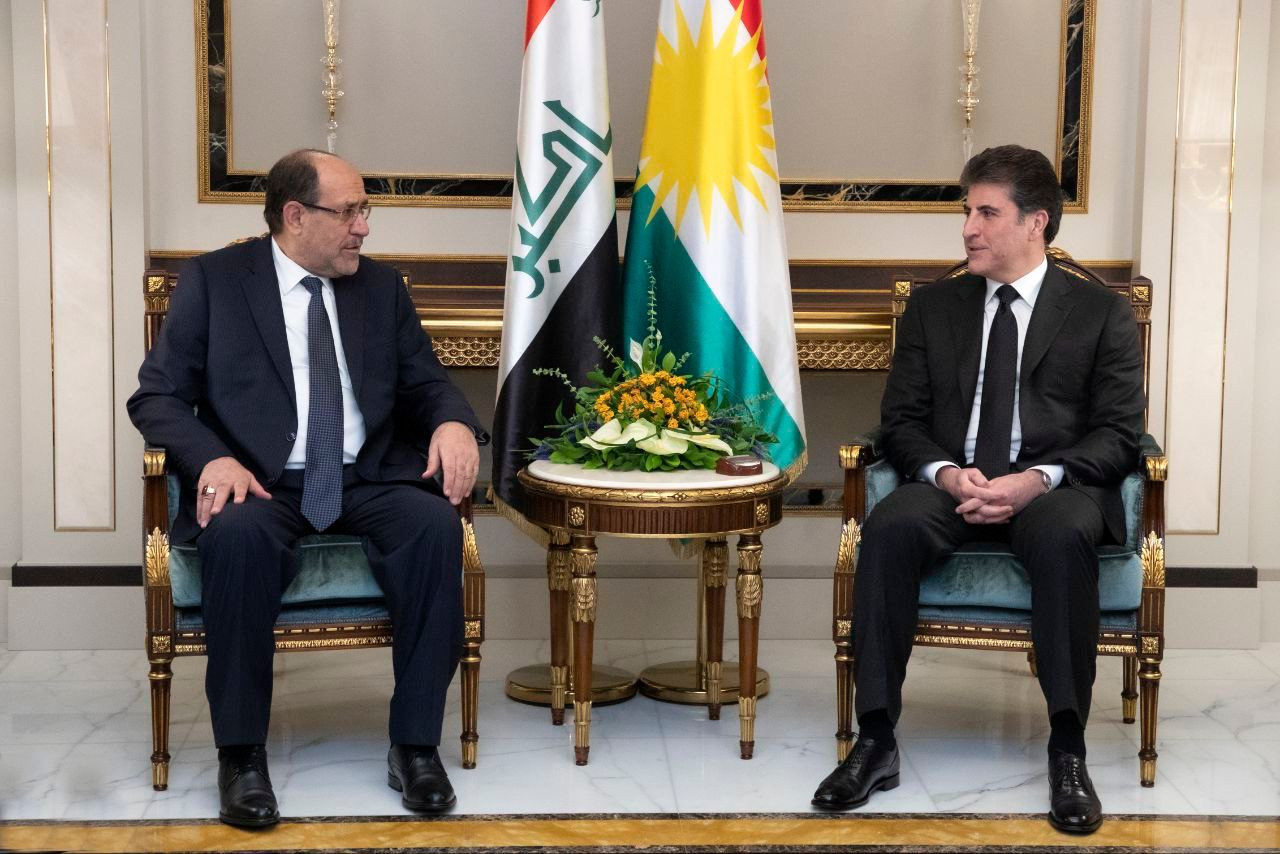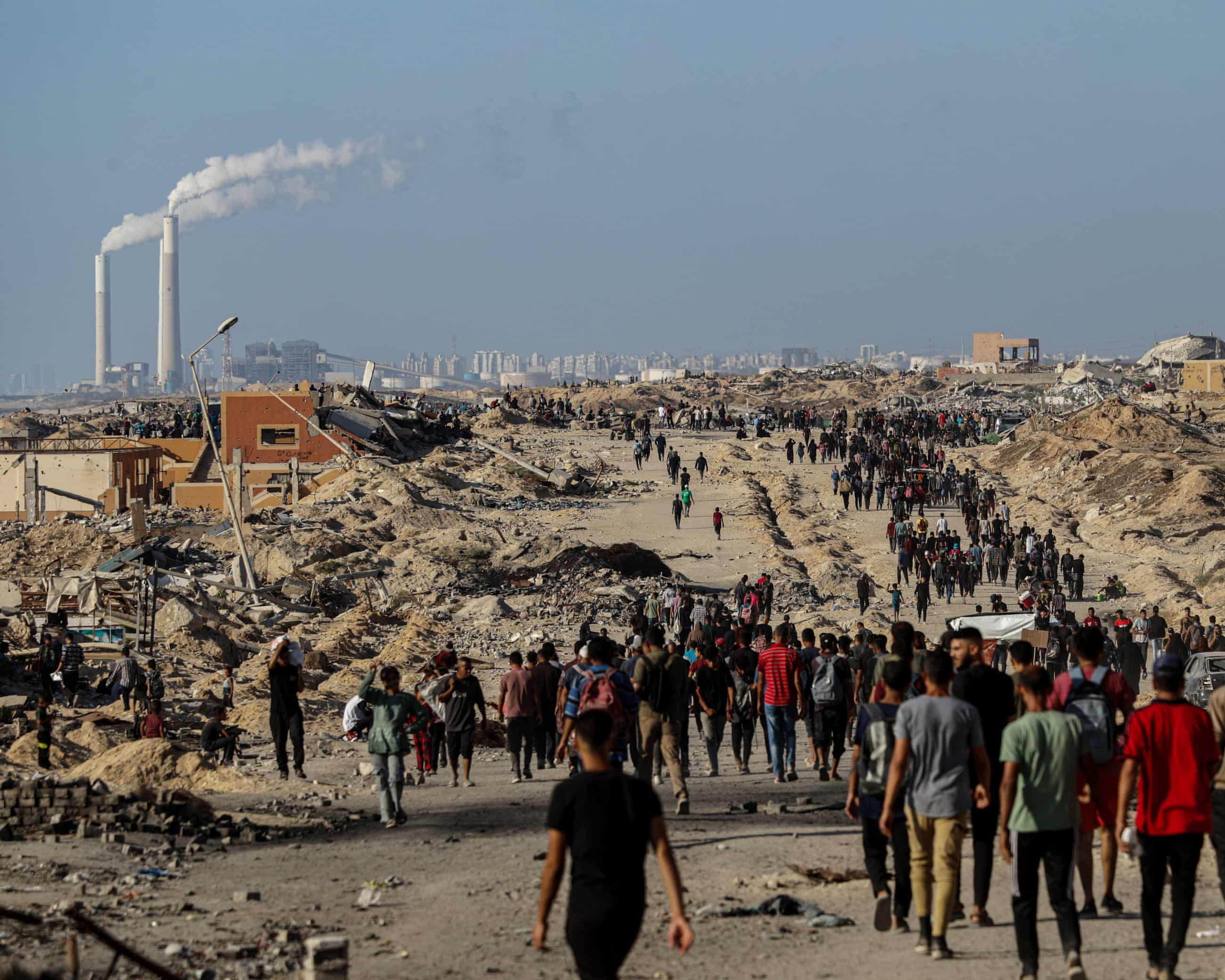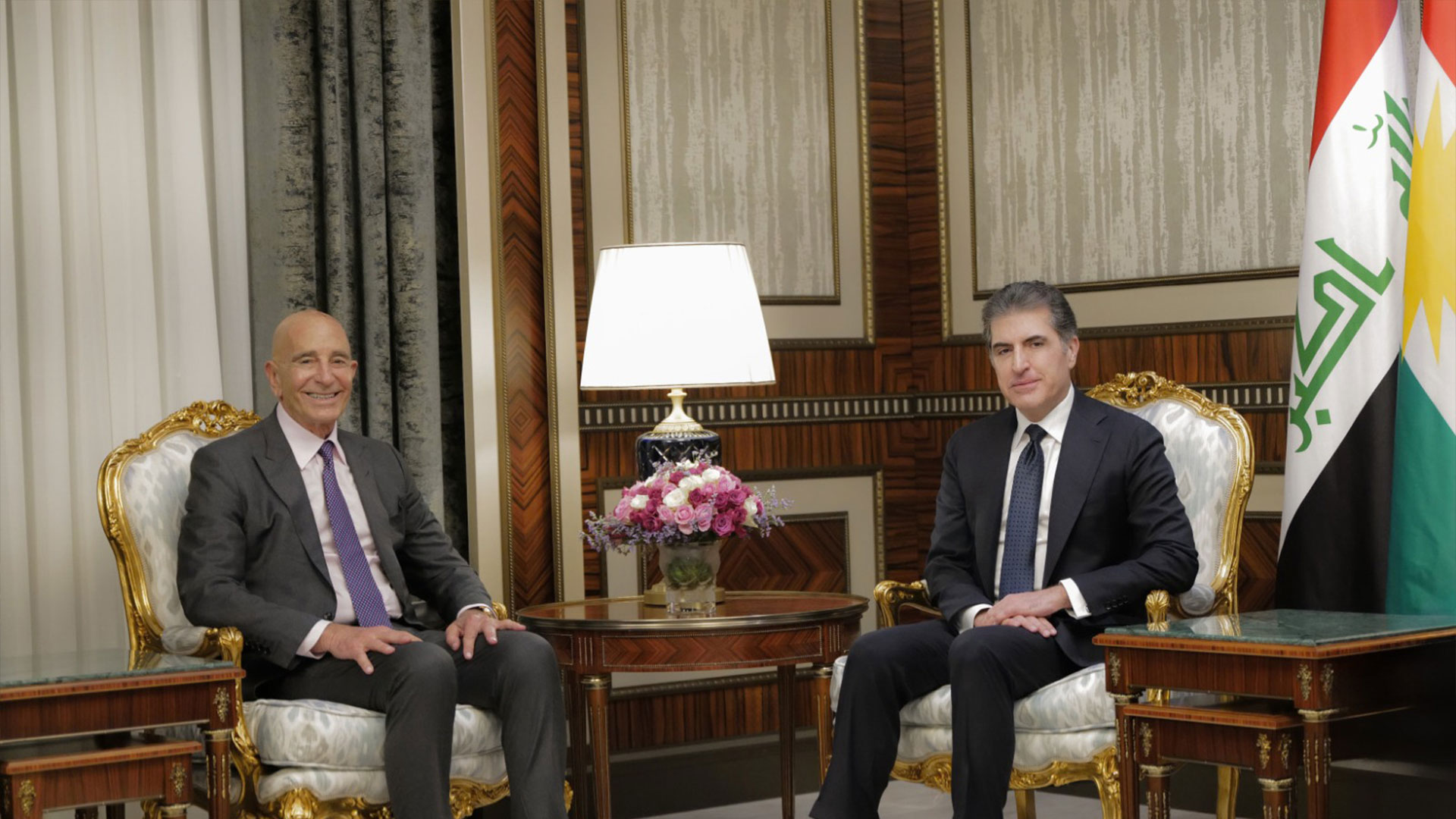Kurdistan Region backs Palestinians’ right to self-determination, statehood

ERBIL, Kurdistan Region - The Kurdistan Region Presidency on Tuesday reaffirmed Erbil’s support for the Palestinian people’s right to self-determination and the establishment of their own state, emphasizing the need to foster peaceful coexistence among the peoples of the region to ensure security and justice for all.
In a statement, the Presidency said, “We in the Kurdistan Region reiterate our full support for the Palestinian people's right to self-determination and the establishment of their state in accordance with international law and legitimacy.”
“As a [Kurdish] nation that has endured numerous sacrifices for our own freedom and rights, we honor the struggle and sacrifices of the people of Palestine in their quest for freedom,” the Presidency said, asserting that “warfare and violence will not resolve any issues” and urging a cessation of “all hostilities and armed conflicts.”
The statement further stressed that “coexistence and peace must be fostered, and the rights of the region's peoples, along with security, a dignified life, and justice for all, must be assured and upheld in alignment with human values and international law.”
Highlighting that the Kurdistan Region “has long hosted a representative office for Palestine,” the Presidency underlined Erbil’s commitment to “the discussions on the sidelines of the [United Nations] UN General Assembly [UNGA] and the international organizations on Palestine.”
The key statement comes amid the 80th session of the UNGA in New York, where more than 150 heads of state and government are set to take the podium.
Central to this year’s UNGA agenda was the high-level meeting on Monday - sponsored by France and Saudi Arabia - which aims to “revive the long-stalled two-state solution: one Israeli, one Palestinian, coexisting within secure and recognized borders,” according to a statement on the UN’s official website.
The two-state solution is an internationally-recognized framework for resolving the Israeli-Palestinian conflict.
It envisions the establishment of an independent and sovereign Palestinian state in the West Bank, Gaza Strip and East Jerusalem with the borders largely based on the armistice lines that existed before the 1967 Six-Day War. The plan calls for both states to recognize each other's right to exist, establish security arrangements and negotiate a solution for Palestinian refugees.
To date, a wave of countries - including Australia, Belgium, Canada, France, Luxembourg, Malta, Portugal, and the United Kingdom - have recognized a Palestinian state in support of the two-state solution.
In addition to efforts to advance a resolution to the Israeli-Palestinian conflict, Monday’s summit will also seek to establish a ceasefire to the ongoing war in Gaza and facilitate the release of Israeli hostages held by the Palestinian movement Hamas since October 7, 2023.
On that day, Hamas launched a surprise incursion into southern Israel, killing around 1,200 people and taking approximately 251 hostages into Gaza, according to Israeli figures.
While a ceasefire was reached in mid-January, Israel resumed its military operations in late March, citing the objective of rescuing the remaining 48 hostages believed to still be held in Gaza.
As of last week, the Gaza health ministry reported that the Palestinian death toll from the Israeli military operations has exceeded 64,900.
[Source: Rûdaw English]
